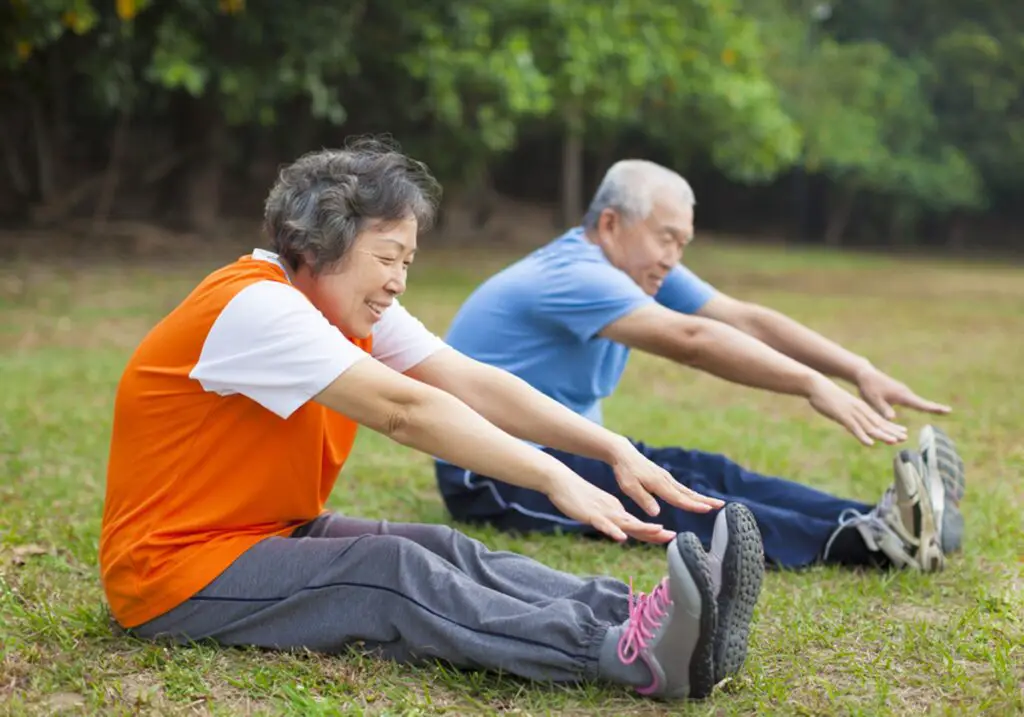Estimated reading time: 6 minutes
Poor air quality and ventilation is an increasingly growing problem that must be addressed on both small and large scales. It can have negative health impacts on people of all ages, but it is especially harmful for the elderly. Fortunately, there are ways to improve air quality and ventilation to lessen its effects on the elderly. Read below to learn more!
Weakened Immune Systems
The immune system protects your body against diseases. It naturally weakens as you age, which makes you more prone to illness. Your body may struggle to fight off a common cold or other seemingly minor illnesses, and it could linger for a long time or develop into something more serious. People with chronic illnesses such as asthma have compromised immune systems, which make them even more prone to illnesses.
Air pollution and poor ventilation has been shown to have a negative impact on one’s immune system. Airborne pollutants can disrupt immune responses to certain viruses and infections, which leads to worse symptoms and illnesses. These harmful effects will be amplified among the elderly, as they will be more at risk due to a weaker immune system. However, symptoms can be staved off through use of supplements and limited exposure to low-quality air.
Weakened Bones
Poor air quality and ventilation have also been shown to weaken bones. Exposure to harmful airborne pollutants can cause swelling that reduces calcium and other bone-strengthening vitamins. This leads to more frequent bone fractures and breaks and can even lead to the development of diseases such as osteoporosis and arthritis. Studies have shown that these effects are amplified among those over the age of 40.
Respiratory Issues
Air pollution and ventilation can cause serious respiratory issues in older people. Older lungs have been exposed to and breathed in more air pollution over the course of their long time on Earth, and microscopic particles can embed themselves deep in the lungs and bronchioles. This means they will struggle to filter polluted air, which can lead to loss of lung capacity or decreased lung functioning. Breathing in polluted air can also damage individual cells in the respiratory system.
Among the elderly, exposure to low-quality air can cause excessive stress on their respiratory systems. Their lungs must work harder to supply their bodies with oxygen, and they may find themselves out of breath after minimal physical exertion.
Low-quality air can also increase your risk of respiratory illnesses such as emphysema, bronchitis, pneumonia, COPD, and more. Those with chronic illnesses such as asthma are more at risk for respiratory issues caused by poor air quality and ventilation, and they may notice enhanced symptoms. These can be potentially fatal illnesses for the elderly. Respiratory-related symptoms include coughing, wheezing, chest tightness, difficulty breathing, and shortness of breath. If you notice any of these symptoms, seek medical attention immediately.

Brain Function
Poor air quality and ventilation can also have a negative impact on one’s brain function. Those exposed to high levels of air pollution are more likely to experience decline in their mental functions such as memory loss and motor skills. MRIs and testing skills involving language and math are used to show the impact of air pollution on one’s brain. Poor air quality and exposure to air pollution also increase one’s risk of developing diseases such as dementia and Alzheimer’s.
Cardiovascular Problems
Cardiovascular problems have also been linked to poor air quality and ventilation. The harmful microscopic particles and pathogens in low-quality air can enter the bloodstream and spread throughout the body, and studies have shown that air pollution doubles the risk of hypertension (high blood pressure) and cardiovascular disease among the elderly. These may occur in conjunction with respiratory issues, as the heart cannot properly function without oxygen. Cardiovascular problems lead to frequent hospitalization and can even be fatal among the elderly.
How to Improve Air Quality and Ventilation
There are many simple ways to improve indoor air quality and ventilation. These have noticeable benefits for the elderly, as they will feel much more energized and be less at risk for the aforementioned health problems. Opening doors and windows creates natural ventilation, which can help increase your air quality. The natural air circulation and movement will help expel any harmful airborne materials and create a more comfortable indoor environment.
You should also not smoke indoors or should stop smoking entirely. The microscopic particles of cigarette smoke linger indoors for long periods of time and are especially irritating to the respiratory systems of the elderly. They can also embed themselves in your furniture and carpet fibers, creating an unpleasant odor and decreasing your indoor air quality.
HVAC systems play a large role in your indoor air quality and ventilation. Ductless mini splits are a highly efficient air conditioner that can adequately heat and cool any indoor area. They feature one outdoor condenser connected to one or more indoor air handling units by copper wires and pipes. They can help improve ventilation in your home and create a comfortable indoor environment regardless of the outside temperature.
In addition to their efficient heating and cooling capabilities, they also double as air filters and purifiers. They improve your indoor air quality by removing harmful airborne particles such as dust, dirt, debris, animal hair, and bacteria. They are also dehumidifiers and can remove any moisture from the air to prevent mold and mildew buildup.
Improved indoor air quality will have a positive impact on the elderly, as it significantly reduces their risk of illness and increases their comfort. A ductless mini split also saves money for homeowners. Ductless mini splits eliminate the need to purchase a stand-alone air filter, purifier, or dehumidifier and are so energy-efficient that they significantly reduce your heating costs!

Poor air quality and ventilation can have a negative impact on the elderly, but there are ways to limit their effects. Be sure to visit a doctor if an older person near you or you notice any symptoms or problems related to poor air quality and ventilation.
Share this content:
